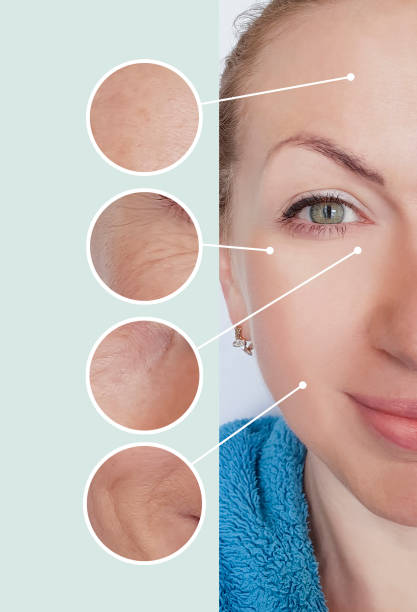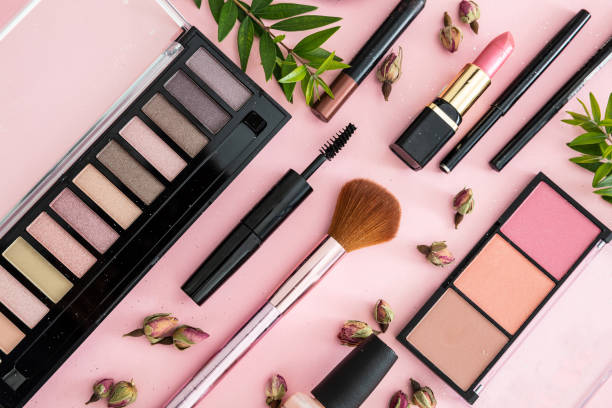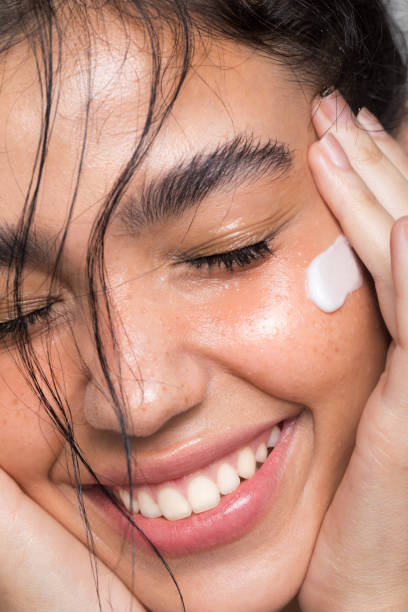
Wrinkles can appear on many parts of your body, including your face, arms, neck, hands, and chest. Many factors can cause wrinkles. However, how we treat our skin and what we use to it directly affects whether we experience them.
A good skincare routine should be a priority. Excessive sun exposure can cause wrinkles. You can combat this by staying indoors and playing casino coupons, eating unhealthy foods, smoking, and possibly a combination of genetic predispositions and environmental factors.
Fine Lines & Causes of Wrinkles
While many factors can cause wrinkles, the leading cause is the skin’s loss of collagen and elasticin. Your skin’s tightening ability decreases as you age.
Your skin will become less elastic, thinner, and dryer. The result is a loss of volume, fine lines, wrinkles, and droopy skin. On the other hand, there are many different reasons, such as sun exposure, smoking, unhealthy eating habits, dehydration, and stress.
How can we remove wrinkles and fine lines?
There are natural ways of reducing wrinkles and fine lines.
Moisturizing
Although oily skin may not show signs of aging as quickly as dry skin, it is essential to moisturize both types of skin. If you want your skin to remain smooth and prevent wrinkles from forming, moisturizing is vital.
You may prefer a thicker, richer product if your skin is dry. However, if your skin is sensitive to oil, you can choose a lighter, more oil-free formula.
If you wish to prevent the appearance of signs of aging, look for a cream or serum that contains anti-wrinkle ingredients like retinol and hyaluronic acids. This will make you look younger and longer.
Exfoliating
Exfoliating removes dead skin cells from your skin’s surface, giving your complexion a more youthful appearance.
Frequent exfoliation can increase protein production and speed up cell recycling, which can help reduce the appearance of wrinkles and fine lines.
Adjust the angle at which your sleep.
Some wrinkles can be caused by the way you sleep. Compaction refers to what happens when your face is in the same position as your pillow night after day.
Your skin will be more sensitive to compression than other areas, leading to wrinkles. Sleeping on your back can reduce the likelihood of developing compression wrinkles.
Keep hydrated while following a healthy diet.
It is essential to eat a healthy diet for many reasons. But the best benefit is that your skin will reflect this. Limiting your intake of processed foods containing high levels of salt, sugar, and animal fats is a good idea.
It is essential to focus on foods rich in antioxidants or pro agents. You must ensure that you are hydrated by drinking enough water each day.
Always wash your face.
Spending an extra three to five minutes on your face before you go to bed is not a waste of time. Most of it will be absorbed if you leave your makeup on your skin overnight.
Cosmetics that contain irritating chemicals can cause the skin to become more sensitive. Spending three to five extra minutes washing your face before you go to bed is a good idea.
Increase your antioxidants
The most oxidative stress is on the skin. It can cause skin damage by simply going about your daily activities. Antioxidants can help fight the root cause of cell damage caused by oxidative stress. A sunscreen or wrinkle cream containing antioxidants can give your skin an antioxidant boost.
Use coconut oil
Coconut oil may have moisturizing cream properties. Coconut oil can be applied to the skin to smoothen out wrinkles and fill in voids.
Coconut oil can make your skin smoother and help retain moisture. This will make your face appear more prominent. According to reliable research, coconut oil is an effective treatment for dry skin. Coconut oil has an additional benefit.
Conclusion
While wrinkles and fine lines are inevitable in aging, we don’t have to accept them. There are many ways to slow down or avoid the signs of aging. The best method for you will depend upon your needs and goals. You can keep your skin looking young for years by taking good care of it, using a suitable treatment, and making some lifestyle changes.
This information should not be considered a substitute for a trained physician’s advice, diagnosis, or treatment. If you have any questions about a medical issue, you should always consult your primary care physician or another trained healthcare expert.



